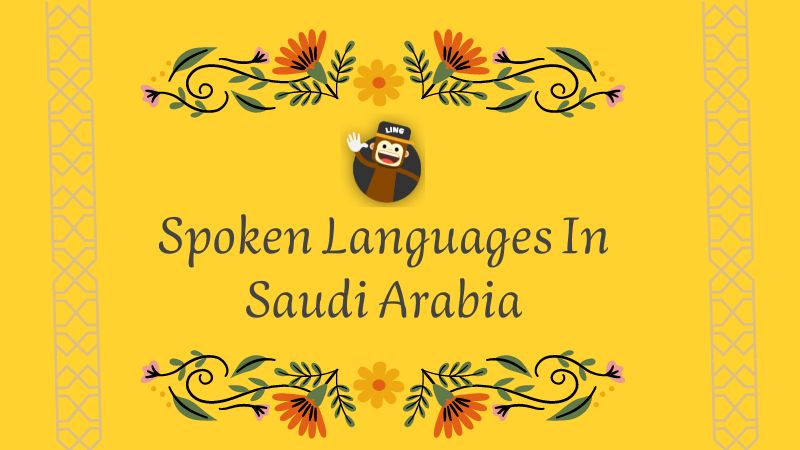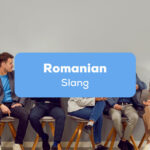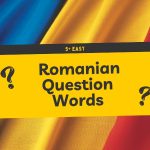Learning Arabic is excellent, but do you know which dialect you are learning? In this article, you will learn all that you need to know about spoken languages in Saudi Arabia. I think the results may surprise you. So, let’s get started!
Spoken Languages In Saudi Arabia
Saudi Arabia is relatively large compared to other countries around the Persian gulf and the Arab world. The national language and the first language of Saudi Arabia is Arabic which is also its official language. It is the mother tongue and the native language of most people in Saudi Arabia and the areas around the Arabian Peninsula.
Official language
The official language plays a vital role in the development of a country. It is essential to deal with official matters, foreign workers, and government officials. Arabic is Saudi Arabia’s official language and many other countries’ co-official language.
Dialects Of Arabic
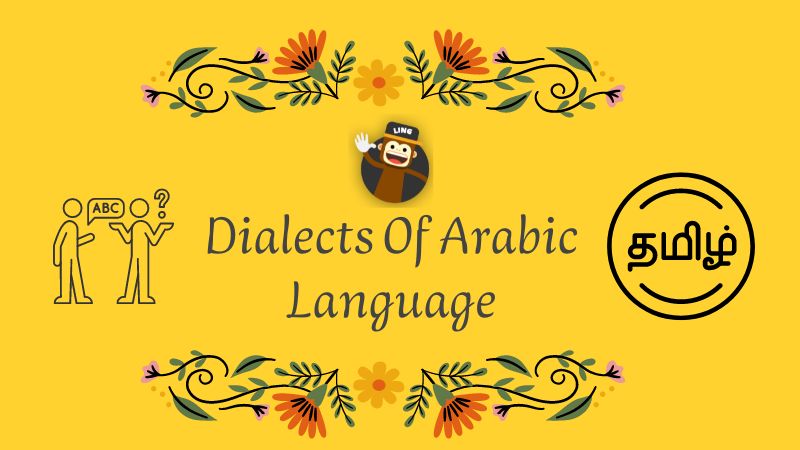
There are three main regional dialects of the Arabic language and the other overall dialects of the Arabic language.
Iraqi/Gulf Arabic
Gulf Arabic is also called “khaleeji Arabic.” It is a combination of many different dialects of Arabic and is one of the most understandable Arabic dialects. Gulf Arabic is primarily spoken in the capital city of Saudi Arabia “Riyadh” and some parts of the Middle East. This is the dialect that most Saudis speak.
Egyptian Arabic
Egyptian Arabic is also known as colloquial Egyptian. Egyptian Arabic is mainly spoken in the western region of Saudi Arabia, but it is widely spoken in Egypt. It is a language spoken by most of the actors in movies of the Arab world. It has many words in English, Turkish, and other languages. Egyptian Arabic is a perfect example of how rich a language can be.
Levantine Arabic
Levantine Arabic is one of the leading regional dialects. It is the third language or third dialect, but it is not commonly spoken. However, its writing system is most commonly used all over Saudi Arabia and the Arabian Peninsula. That’s why it is called the “written language” of Arabs.
The Arabic language has a vast cultural diversity. It is said to be a historical language as it was the language of many prophets and religious scholars. The holy book of Muslims, “The Quran,” is also in this language, so the Arabic language has massive respect in the hearts of Muslims worldwide.
The Arabic language has many minor as well as significant sub-dialects. There are four significant sub-dialects of the Arabic language.
Modern Standard Arabic
Modern Standard Arabic is also known as the literary Arabic language. The United Nations has six official languages. Modern Standard Arabic is one of them. It has 28 consonants and three vowels. It is one of the most commonly spoken and the main dialects of the Arabic language.
Modern Standard Arabic is not the primary or first language in Saudi Arabia. It is the second language. It is never taught. People learn it through television, radio, podcasts, etc. It is a compulsory second language in many Arabic-speaking countries but not Saudi Arabia. It is the primary language of the Arab world and the most important among all the other dialects.
Classical Arabic
Classical Arabic is a dialect that is recited by the Saudi population and Muslims around the world, meaning that it is a language written in the Holy Quran.
As it is an ancient language, there is a massive difference between Arabic then and Arabic now. It is one of the languages spoken by the people of the old era.
Hejazi Arabic
Hejazi Arabic is called West Arabian Arabic. It is derived from the word “Hejaz.” Hejaz is a region in Saudi Arabia.
The first language of people over there is Hejazi. There are two other dialects of Hejazi Arabic. The people speak one type of Hejazi Arabic of the Hejaz region, which includes Mecca, Medina, Jeddah, and Taif.
And the other dialect is spoken by urban, rural, and mixed populations of the same areas or those adjoining it. Both are just forms of Hejazi Arabic, and the difference comes due to changes in the region.
Old Hejazi is very different from the one spoken now because of years of modernization. Most of the grammar of Arabic, especially the pronoun system, was introduced by Hejazi Arabic.
Najdi Arabic
Najd is in central Saudi Arabia. There is a prevalent lucrative oil industry in Najd. Like other Asian languages, Najdi Arabic is also a combination of Iraqi, Syrian, and Jordanian dialects.
Najdi Arabic is further divided into four regional dialects. As it is the center of Saudi Arabia, all four sides are connected to different regions, so all four sides of the Najd region speak differently.
Northern Najdi
Northern Najdi is a dialect of the Arabic language spoken by the Shammar tribe and also the language spoken by the people around the Syrian desert.
Mixed Northern Central Najdi
The Arabic spoken by the people around the area of Najd near Kuwait is known as Mixed Northern Central Najdi.
Central Najdi
It is also known as Urban Najdi. It is Arabic spoken by the Anazah tribe that lives in the Syrian desert. It is also commonly spoken by the people of Riyadh- The capital city of Saudi Arabia. It is spoken as the second language of people in Riyadh. The people who have never heard this Arabic dialect think it is some foreign language. Central Najdi is quite different from standard Arabic.
Southern Najdi
The Southern Najdi is the most minor spoken language of Saudi Arabia as only some specific tribes speak it.
Foreign Languages
Arabic is the official and national language of Saudi Arabia, so it is the most commonly spoken language there. Other than that, English is also spoken to a large extent. The schools also teach English, and business meetings are also held in English sometimes, a second language for the Saudis.
Minority Languages
Urdu is said to be the second foreign language of Saudi Arabia. Turkish and Farsi are also spoken there. As minorities speak these languages, they are said to be the Minority languages of Saudi Arabia.
Spoken Dialect
The primary and most common spoken dialect of Saudi Arabia, which can also be called a lingua franca for the Saudis and other Arabs all over the world, is Modern Standard Arabic (MSA). All the common greetings and essential phrases of all Arab countries lie in this Modern Standard Arabic. So MSA is the spoken dialect of Saudi Arabia.
Urban Dialect
Central Najidi is considered the Urban dialect of Saudi Arabia as it is spoken in most urban areas and by only some people in the capital.
Saudi Arabia is rich in culture and heritage, so it has many types of Arabic spoken commonly by the Saudis. All the changes in Arabic are due to migration over many centuries and the mixing of new people, but the base remains the same as the “Classical Arabic” or the “Quranic Arabic.”
Over To You
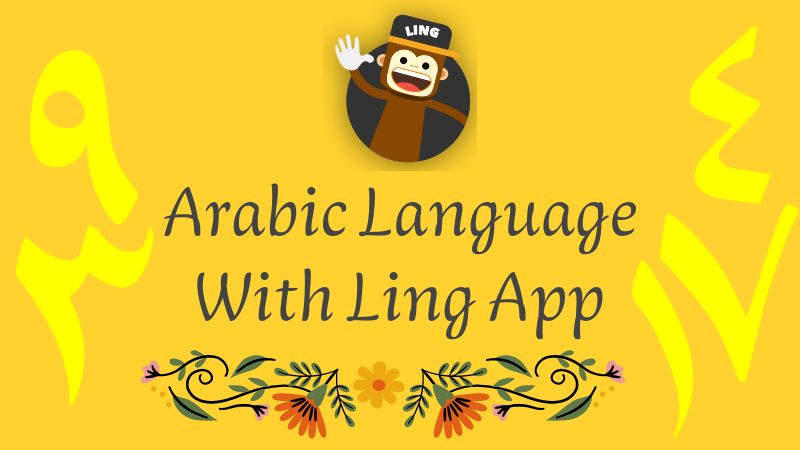
That’s it for this blog post. Learning Arabic can be extremely beneficial if you wish to live in any Arab country someday. To make this entire process of learning Arabic easy and fast, try the Ling App which is by far one of the best apps to learn the Arabic language.
Also, check out useful Arabic greetings along with Arabic food. Having the knowledge of these two topics can be a real gamechanger and help you learn more about Arabic culture.
Download the Ling App from Google Playstore or App Store and start learning the Arabic language now!!!
Happy learning!
